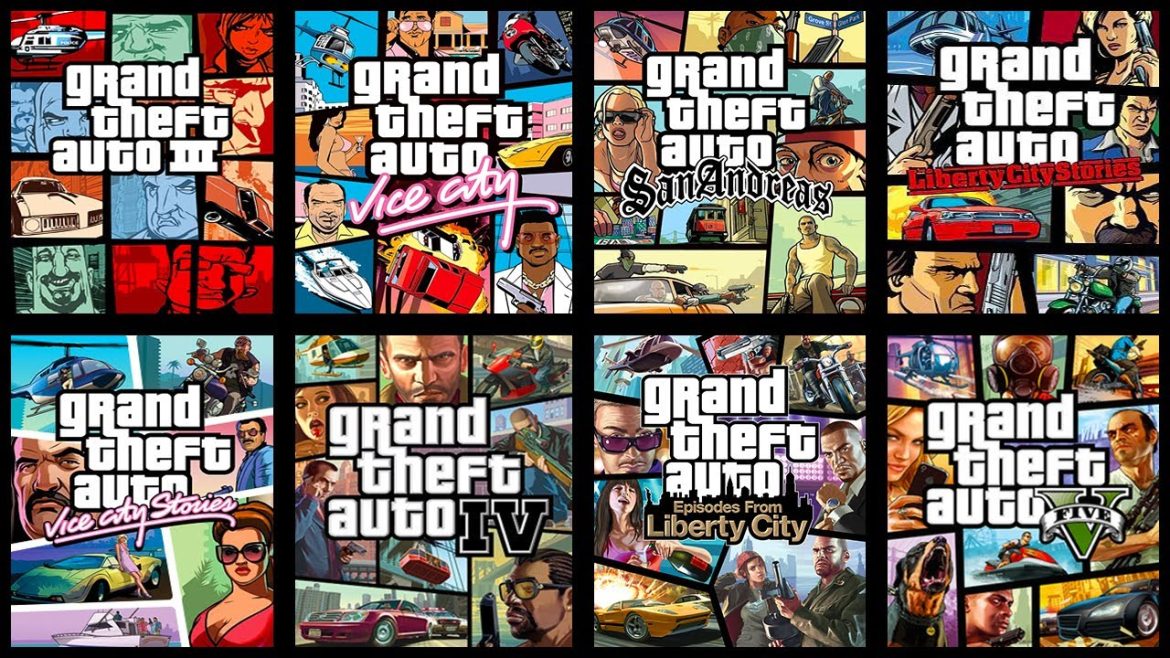Video games have always been a source of both entertainment and controversy. Over the years, some games have sparked heated debates and even legal action due to their content, themes, or the messages they convey. In this article, we’ll delve into the world of gaming to explore seven of the most controversial video games in history.
Mortal Kombat (1992)
“Mortal Kombat” is often cited as one of the games that triggered widespread concern about video game violence. Its graphic depiction of brutal fatalities and gory combat led to congressional hearings and the establishment of the Entertainment Software Rating Board (ESRB) to regulate video game content. The game’s controversies played a pivotal role in shaping the industry’s self-regulation.
Grand Theft Auto (Series)
The “Grand Theft Auto” series has consistently pushed boundaries with its mature themes, explicit content, and controversial subject matter. While it’s celebrated for its open-world gameplay and storytelling, it has also faced criticism for its portrayal of violence, crime, and sexuality. The series has been at the center of debates regarding the impact of video games on real-world behavior.
Manhunt (2003)
Rockstar Games, the creator of “Grand Theft Auto,” also stirred controversy with “Manhunt.” This stealth-based game faced accusations of promoting gratuitous violence, as players took on the role of a death row inmate forced to participate in a series of snuff-film-style killings. Several countries banned or heavily censored the game due to its disturbing content.
Custer’s Revenge (1982)
“Custer’s Revenge” is often considered one of the most offensive and controversial games in history. This crude and sexually explicit Atari 2600 game depicted General Custer raping a Native American woman, sparking outrage and protests. It highlighted the need for content regulation in the fledgling video game industry.
Postal 2 (2003)
“Postal 2” is infamous for its gratuitous violence, offensive humor, and anarchic gameplay. Players take on the role of “The Postal Dude” as he engages in a series of disturbing and violent activities. The game’s irreverence and crude content led to bans in several countries and condemnation from various groups.
Hatred (2015)
“Hatred” caused controversy even before its release due to its extreme violence and nihilistic themes. The game follows a mass murderer on a killing spree, targeting innocent civilians. Critics argued that it glorified violence and sensationalized real-world tragedies, leading to widespread condemnation.
BMX XXX (2002)
“Bruce Slinky,” a hidden character in “BMX XXX,” is perhaps best remembered for its sexually explicit content. The game mixed extreme sports with raunchy humor and adult themes. While it aimed for shock value, it was widely criticized for its portrayal of women and crude humor.
Video games have frequently courted controversy, sometimes pushing the boundaries of what is considered acceptable content. These seven games have left a lasting mark on the gaming industry and the wider conversation about the role of video games in society. While some view them as examples of artistic freedom, others argue that they underscore the need for responsible content creation and regulation in the gaming world.




